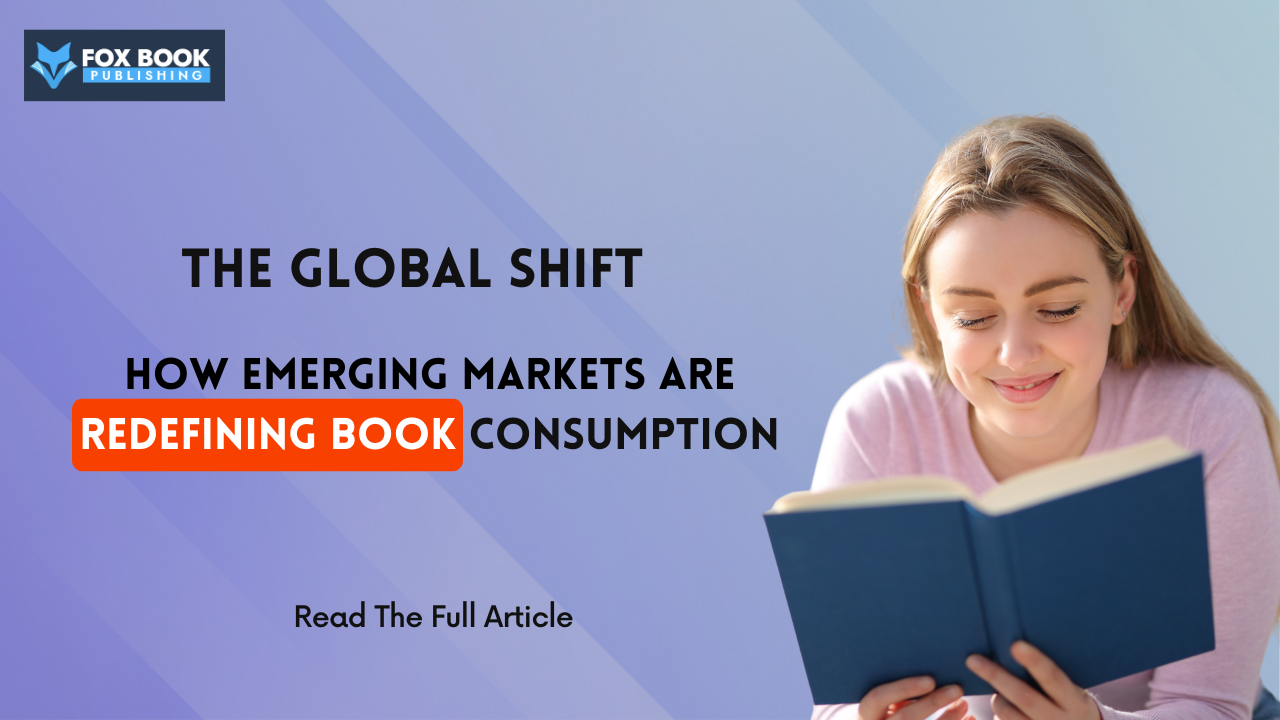Publishing used to flow one way — from New York and London outward.
That hierarchy is disappearing. Mobile phones, digital wallets, and translation tools have unlocked millions of new readers in South Asia, Africa, Latin America, and the Middle East.
The next publishing boom won’t start in Manhattan. It will start wherever connectivity meets curiosity.
1 The Mobile-First Revolution
In Pakistan, Nigeria, and Brazil, most readers discover books on a phone, not in a store. Lightweight EPUBs and short-form storytelling now compete with video and social media. Authors who design for vertical screens and low-data devices are building entirely new markets.
2 Local Languages, Global Platforms
Amazon, Google Play, and Smashwords now support dozens of regional languages. Urdu, Hindi, Swahili, and Tagalog editions are climbing charts that didn’t exist five years ago.
Translating into these languages costs far less than traditional print translation but expands reach exponentially.
3 Payment Barriers Are Falling
Services like Easypaisa, Payoneer, and regional Stripe integrations are closing the gap between readership and revenue. Independent authors in Karachi or Nairobi can now publish and get paid globally — something unthinkable a decade ago.
4 The Rise of Regional Genres
Cultural storytelling — folklore, spirituality, migration tales, and local romance — is thriving. Global audiences crave authenticity after years of homogenized content. The algorithm rewards diversity because readers click what feels fresh.
5 New Gatekeepers: Platforms, Not Publishers
In emerging markets, platforms dictate discovery more than traditional houses ever did.
TikTok’s BookTok communities in Indonesia or Egypt can move thousands of digital copies overnight. The power center has shifted from editors to ecosystems.
6 The Importance of Localization
Translation is only the start. Currency, holidays, humor, and imagery must fit cultural realities. Successful authors partner with regional editors who understand both local nuance and global readability. Those collaborations often outperform one-size-fits-all launches.
7 Case Reflection
A South-Asian self-help author released English and Urdu editions side-by-side on Amazon. The Urdu version outsold the English three-to-one within three months, driven by diaspora readers searching in native language keywords. Accessibility outperformed advertising.
8 What This Means for Global Publishers
The supply chain has flattened. A laptop and internet connection equal a press license. Traditional publishers must now scout globally, not locally, because tomorrow’s bestsellers may come from Lahore, Lagos, or Lima — published independently.
9 Opportunities for Collaboration
Cross-border anthologies, shared translations, and rights exchanges will define the next stage of publishing growth. Regional voices paired with data-driven marketing create sustainable ecosystems rather than one-hit imports.
10 The Author Advantage
Independent authors who embrace this shift early gain an unmatched edge. By adapting to global reader behavior and regional discovery tools, they build audiences where competition is still light but potential enormous.
FoxBookPublishing Support and Free Consultancy
The publishing map has expanded — and authors who move early capture it first.
FoxBookPublishing helps writers and publishers navigate this new era with international publishing strategy, metadata localization, Amazon and Google Play setup, translation coordination, and marketing campaigns tailored for multilingual audiences.Book a free discovery call to explore regional publishing options or choose a paid consultancy session for full global expansion planning.
Learn more at FoxBookPublishing.com and build a readership that crosses borders.

